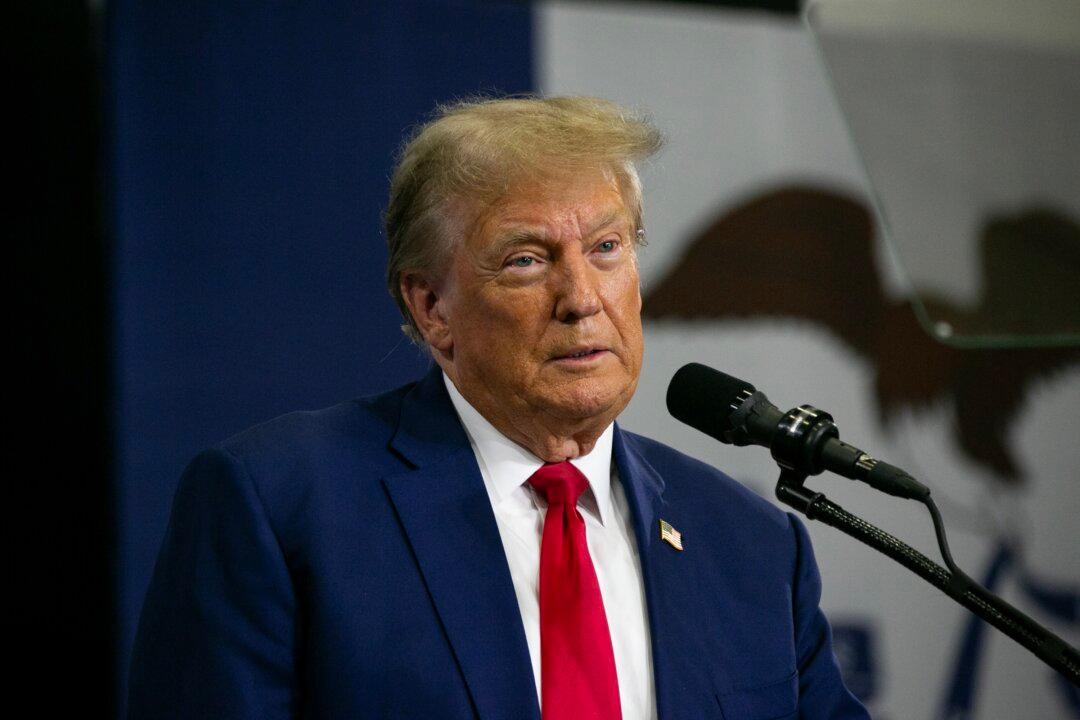Former President Donald Trump said he would scrap a pacific trade deal currently being advanced by the Biden administration if he wins the 2024 election, describing the deal as “disastrous” for the United States.
President Trump, the front-runner for the Republican presidential nomination, told his supporters in Iowa that President Joe Biden’s regional trade deal could impact U.S. manufacturing and trigger job losses.





